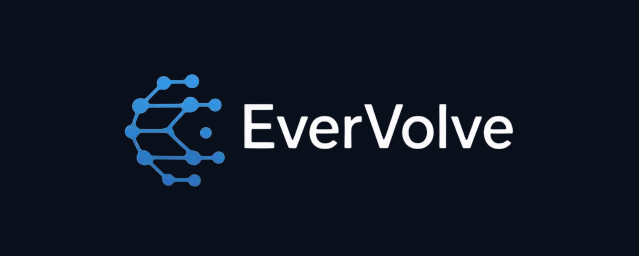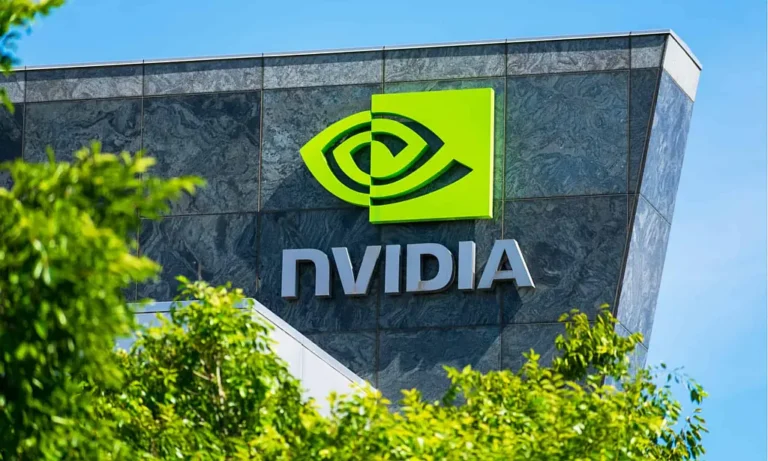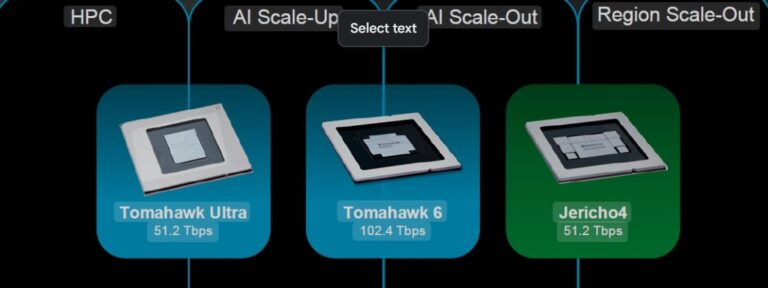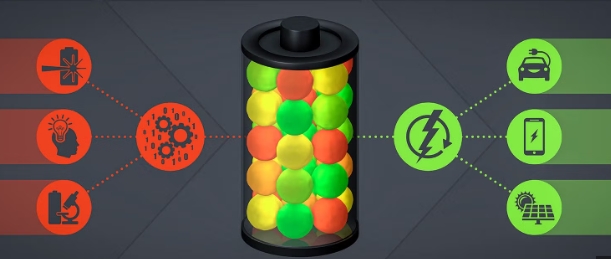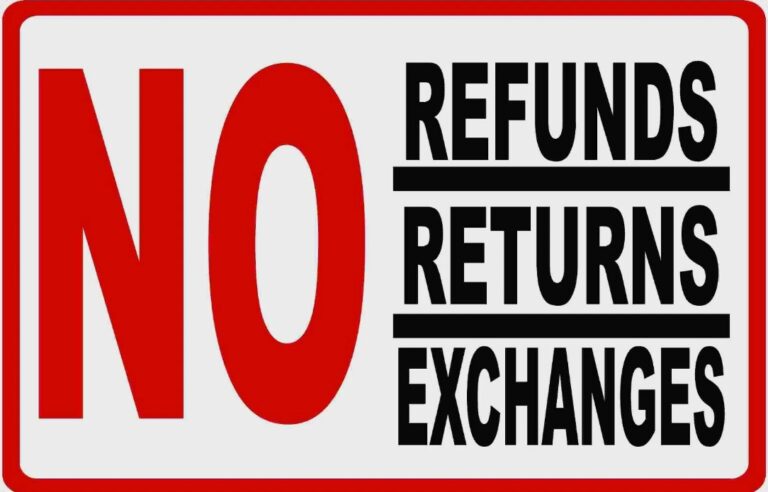Alphabet Shares Surge Nearly 8% as Judge Spares Google from Breakup in Landmark Antitrust Ruling
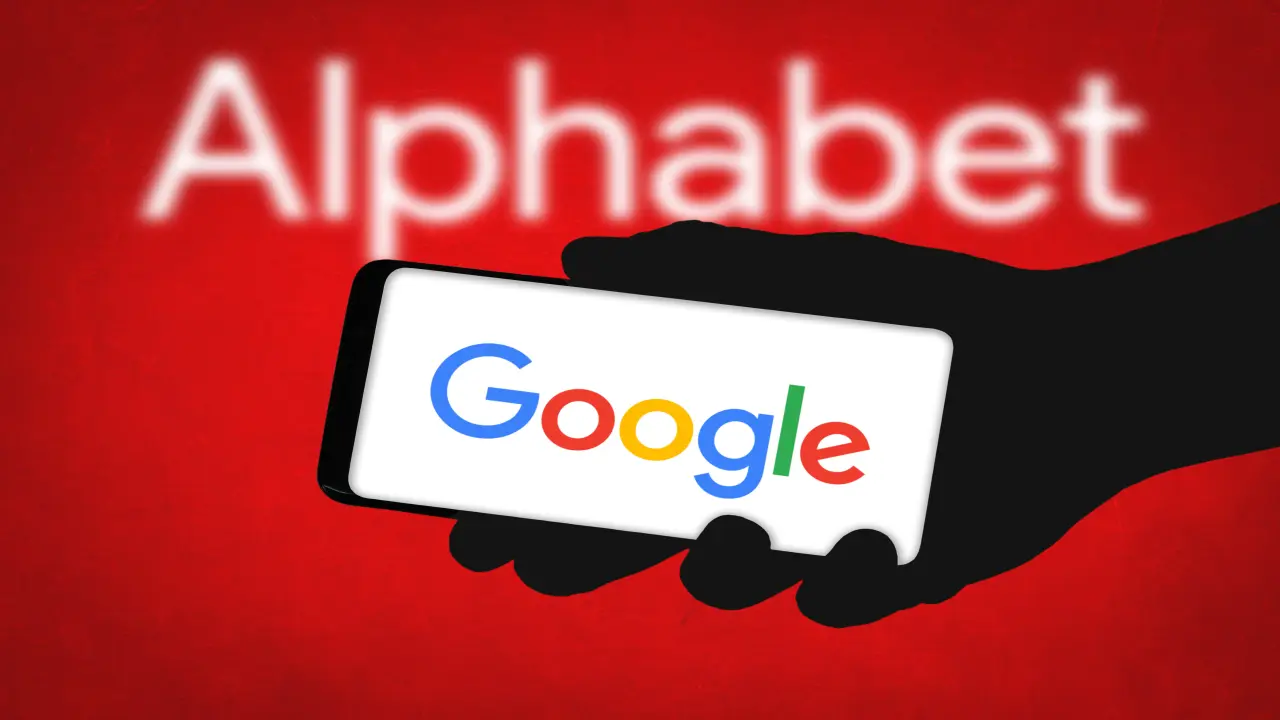
Alphabet Inc., the parent company of Google, experienced a sharp surge in its stock price following a landmark antitrust ruling by U.S. District Judge Amit Mehta on September 2, 2025. The ruling spared the tech giant from being forced to sell its dominant Chrome web browser and Android operating system, key assets at the core of its ecosystem, while requiring it to share some search data and to limit restrictive contracts. Investors responded enthusiastically to the news, sending Alphabet’s shares up nearly 8% in after-hours trading to a new price of approximately $211.35 per share, marking one of the year’s most significant single-day gains for the company.
Market Reaction and Stock Surge
The ruling’s announcement triggered an immediate rally as investors breathed a sigh of relief, seeing the decision as a positive development that preserves Google’s core competitive strengths while imposing manageable regulatory constraints. Alphabet’s nearly 8% jump in share price on the news added more than $150 billion in market value in a single session, signaling strong market confidence in the company’s future growth prospects despite the ongoing legal scrutiny.
Alongside Alphabet’s gains, broader market indices responded positively. Nasdaq futures rose by 0.8%, and S&P 500 futures increased by 0.4%, buoyed by optimism that major tech companies would face regulation but not dismantling. Peer tech giants like Microsoft, Amazon, and Meta also enjoyed gains on the sentiment that regulators would opt for behavioral remedies over sweeping breakups in the near term.
The Judge’s Decision: A Balanced Outcome
The ruling represents a crucial turning point in the prolonged legal battle over Google’s dominance in digital search markets, first marked by a 2024 decision that found Google had illegally maintained monopoly power. The U.S. Department of Justice had advocated for structural remedies, including the divestiture of Chrome and Android, asserting these assets contributed to Google’s search dominance.
However, Judge Mehta rejected these calls, describing divestiture of Chrome and Android as a “poor fit” for antitrust relief. He recognized the disruptive nature such forced breakups could have had for millions of users, device manufacturers, app developers, and the broader tech ecosystem. Instead, the judge mandated Google make specific behavioral adjustments: sharing certain search data with qualified competitors, ending exclusive device placement contracts that block rivals, but allowing payments to partners like Apple for default search positions to continue.
This ruling carefully balances the need to address anticompetitive conduct with safeguarding the company’s integrated ecosystem that fuels innovation and consumer utility.
Implications for Investors and the Market
From the perspective of shareholders and market analysts, the ruling was as close to a victory as Google could have hoped for amid a complex regulatory challenge. The decision preserves Google’s “ecosystem advantage,” the virtuous cycle connecting its search engine, Chrome browser, Android OS, advertising revenue, and burgeoning AI capabilities.
While the company must share some search-related data — enabling competitors like Bing, DuckDuckGo, and AI startups such as OpenAI and Perplexity to enhance their products — these requirements are viewed as manageable. The costs of compliance and limitations on exclusivity contracts are not expected to materially impair Google’s dominant revenue streams.
Wall Street analysts quickly updated their outlooks. JPMorgan reaffirmed that the decision would have “no significant effect on financials moving forward,” while Wedbush increased its long-term price target on Alphabet shares from $225 to $245 in response to the ruling. Morningstar maintained a fair value estimate of $237 per share, affirming Alphabet’s wide moat and strong competitive position.
The ruling also benefitted Apple, which saw its shares rise nearly 3% following confirmation that Google could continue making annual payments exceeding $20 billion to keep Google Search as the default on iPhones. This revenue stream remains safe for now, further stabilizing Alphabet’s valuation.
Investor Confidence Amid AI and Antitrust Concerns
The decision’s timing is notable given the accelerated rise of generative AI technologies that are reshaping internet search and threatening to disrupt Google’s traditional monopoly. The judge’s opinion acknowledged this shifting competitive landscape, noting that AI innovations introduced considerable uncertainty and reinforced the unsuitability of drastic interventions like forced breakups.
Investors interpreted this as recognition not only of Google’s dominant market position but also its strong foothold in AI, which remains central to its future growth strategy. The ruling effectively signals regulators will attempt to impose “tough guardrails” to promote competition without dismantling the tech giants outright, enabling companies like Alphabet to continue integrated AI development while facing more equitable market conditions.
Conclusion
Alphabet’s nearly 8% stock price surge after the landmark antitrust ruling reflects Wall Street’s relief and confidence that Google has avoided the most damaging outcomes in the legal fight over its search dominance. With Chrome and Android intact and new obligations focused on data sharing and contractual fairness, the ruling paves the way for a more balanced competitive environment while preserving Alphabet’s core strengths.
While compliance costs and legal uncertainties remain, the stock rally underscores investor optimism that the company can navigate these challenges successfully and continue its transition toward AI-first search innovation, securing its market leadership well into the future.
Enjoyed this post?
Subscribe to Evervolve weekly for curated startup signals.
Join Now →
